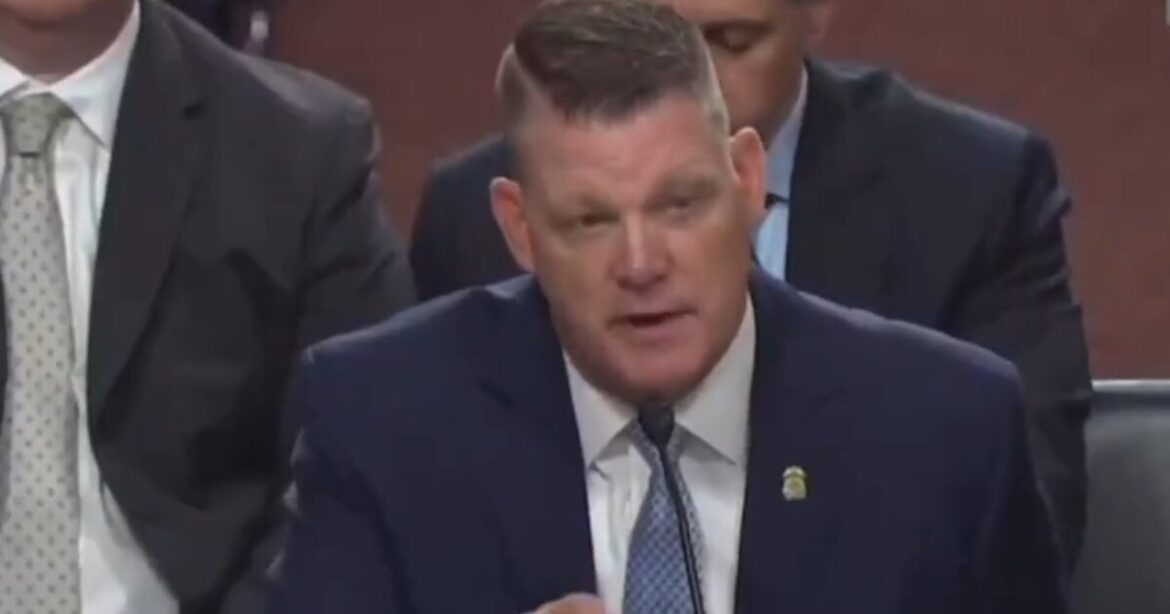A Bureaucrat’s Fall from Grace
After months of controversy, former Acting Secret Service Director Ron Rowe has officially exited the agency. His departure comes not as a quiet retirement but as the capstone to a series of cascading failures that have rocked the credibility of the Secret Service—failures that include lapses leading up to two assassination attempts on President Trump and a now-infamous fistfight between two female agents outside Barack Obama’s D.C. home.
Rowe, a quintessential Washington insider, stayed on the payroll as a so-called “senior advisor” for over four months after announcing his planned resignation in February. While collecting paid leave during this time, the agency he once led descended further into dysfunction.
Butler Betrayal and Whistleblower Revelation
Rowe’s legacy is marred most severely by the fallout from the Butler, Pennsylvania rally, where President Trump was shot in the ear during a failed assassination attempt. At the time, Rowe assured the public that “all assets were approved.” That statement has since been exposed as a blatant falsehood, with a whistleblower confirming that Rowe personally cut key security resources from the Trump detail—decisions many believe left the President vulnerable to attack.
The Butler incident was not the first warning sign, but it was the moment that shattered any remaining illusions of Rowe’s competence.
DEI Policies Under Fire
Many agents inside the Secret Service hope Rowe’s exit signals the beginning of a purge of the agency’s politicized culture. Years of prioritizing Diversity, Equity, and Inclusion (DEI) initiatives over merit and readiness have, according to critics, eroded operational standards. That erosion was made painfully clear last month when two female Secret Service Uniformed Division officers engaged in a physical altercation outside Obama’s Kalorama residence.
The fight—caught on video—erupted around 2:30 a.m. and featured one officer shouting, “I’ll whoop this girl’s ass!” The footage went viral, further humiliating an agency already struggling with public trust and internal morale.
New Leadership, New Hope?
In the wake of this chaos, President Trump appointed Sean Curran—one of the agents who shielded him during the Butler attack—as the new Director of the Secret Service. Curran’s appointment is widely seen as a corrective measure aimed at restoring order and professionalism to a once-revered institution.
With Rowe now officially out, the Trump administration is expected to audit internal policies and possibly overhaul leadership protocols that allowed such high-level negligence to go unchecked for so long.
Conclusion: An Agency at the Crossroads
Ron Rowe’s fall was not just inevitable—it was necessary. The string of missteps under his watch has underscored a deeper rot within one of America’s most critical institutions. Whether the Secret Service can recover its stature and reliability in time for the challenges ahead will depend on how decisively its new leadership moves to root out incompetence and restore mission-first values.
The agency can no longer afford distractions, dysfunction, or diversity hires that aren’t up to the job. The cost of failure is simply too high.

